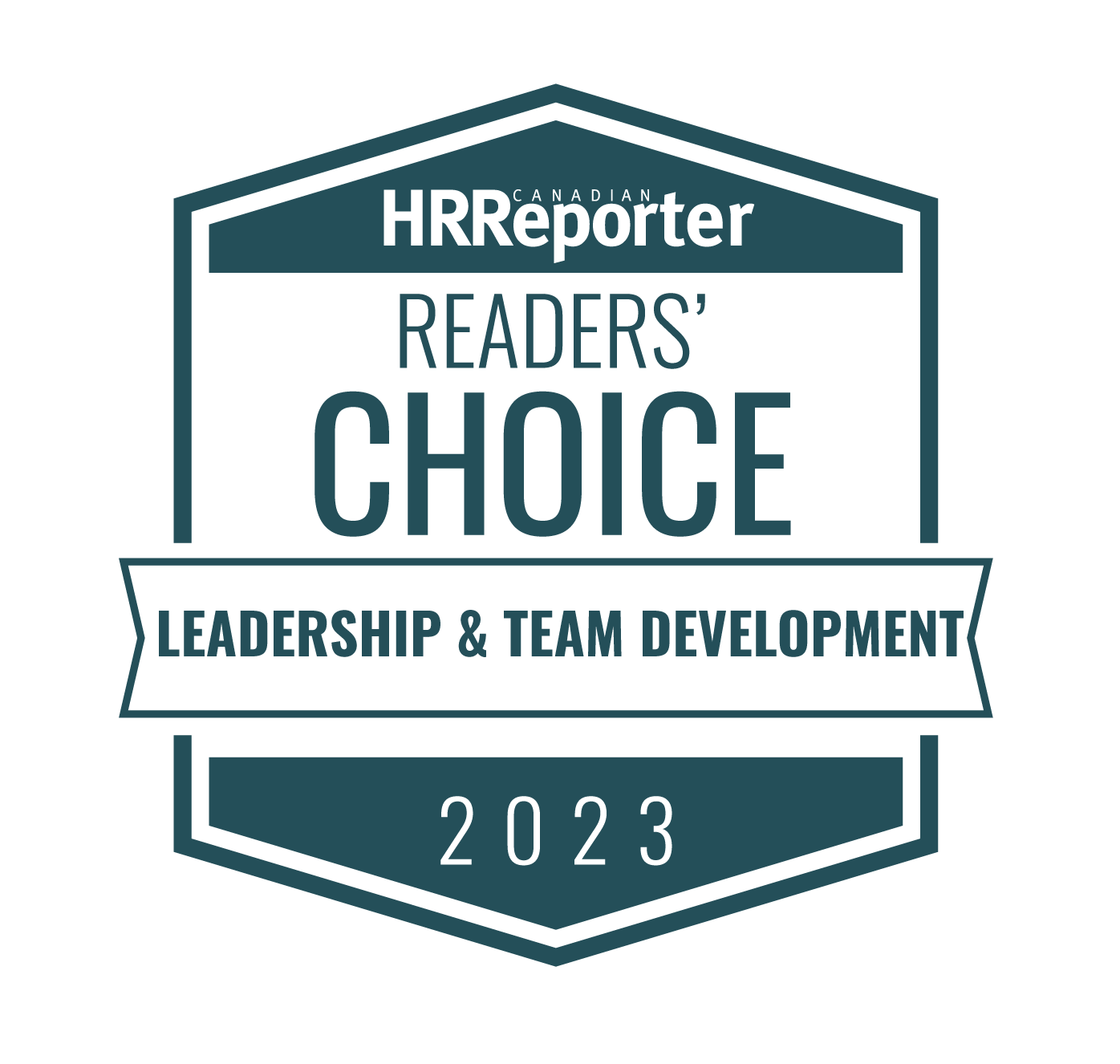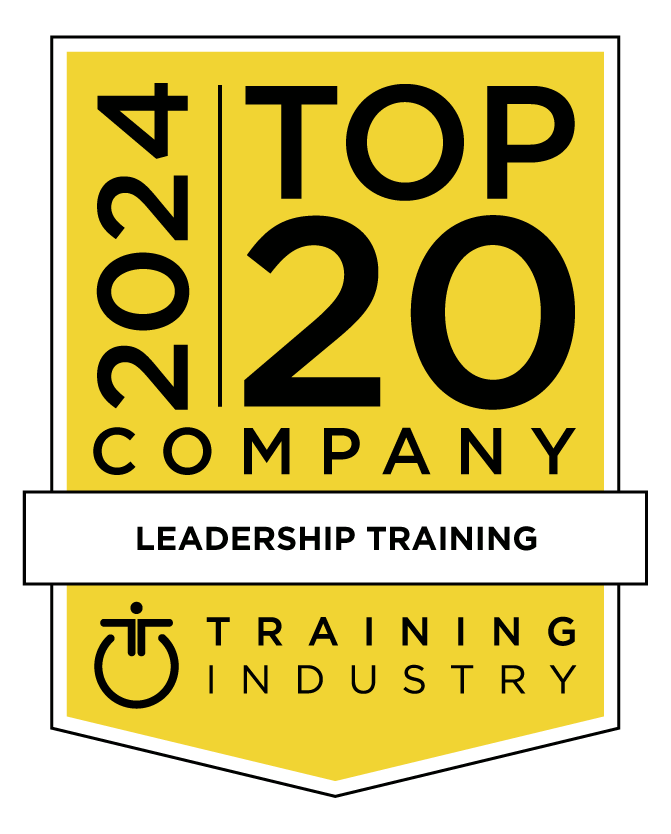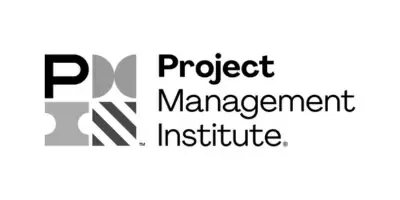Empowering Leadership with AI: Harnessing AI Tools for Effective Leadership in the AI/ML Era
In today's fast-paced world, leadership has taken on a whole new dimension with the advent of artificial intelligence (AI) and machine learning (ML) technologies. Empowering Leadership with AI: Harnessing AI Tools for Effective Leadership in the Artificial Intelligence & Machine Learning Era explores the intersection of leadership and AI, offering insights into how leaders can leverage AI tools to enhance their effectiveness and drive success in the digital age.
Artificial Intelligence & Machine Learning Era
The Artificial Intelligence & Machine Learning era has ushered in a wave of transformation across industries, revolutionizing the way we work, communicate, and lead. With AI and ML technologies becoming increasingly sophisticated, leaders have an unprecedented opportunity to leverage these tools to streamline processes, make data-driven decisions, and drive innovation.
Leadership with AI: Navigating the Digital Landscape
In the digital age, effective leadership requires more than just traditional management skills. Leaders must adapt to the rapidly evolving technological landscape and embrace AI tools to stay ahead of the curve. By integrating AI into their leadership strategies, leaders can gain valuable insights, automate routine tasks, and unlock new opportunities for growth and development.
Embracing Change: The Role of AI in Leadership Transformation
Leadership with AI is not just about adopting new technologies; it's about embracing change and driving transformation within organizations. By harnessing the power of AI tools, leaders can foster a culture of innovation, agility, and adaptability, empowering their teams to thrive in the digital era.
AI Tools and Methodology:
- IBM Watson: IBM Watson is a leading AI platform that offers a range of tools and services for natural language processing, machine learning, and data analytics. It enables leaders to extract insights from unstructured data, automate decision-making processes, and personalize customer experiences.
- Microsoft Azure AI: Microsoft Azure AI provides a suite of AI services and tools that empower leaders to build, deploy, and manage AI-powered applications and solutions. From speech recognition and computer vision to predictive analytics and chatbots, Azure AI offers a comprehensive set of capabilities for driving innovation and enhancing productivity.
- Google Cloud AI: Google Cloud AI offers a wide range of AI tools and services, including machine learning APIs, pre-trained models, and custom ML solutions. With Google Cloud AI, leaders can harness the power of Google's AI technology to solve complex business challenges, improve operational efficiency, and drive strategic decision-making.
Leveraging Data: Making Informed Decisions with AI
In the age of big data, leaders are inundated with information from various sources. AI tools can help streamline this process by analyzing large volumes of data, identifying patterns, and providing actionable insights. By leveraging AI-powered analytics, leaders can make more informed decisions, mitigate risks, and capitalize on emerging opportunities.
AI Tools and Methodology:
- Tableau: Tableau is a popular data visualization tool that leverages AI and machine learning to help leaders explore and analyze data, uncover insights, and communicate findings effectively. With Tableau, leaders can create interactive dashboards, perform ad-hoc analysis, and share insights with stakeholders across the organization.
- DataRobot: DataRobot is a leading automated machine learning platform that enables leaders to build, deploy, and manage machine learning models at scale. By automating the end-to-end machine learning process, DataRobot empowers leaders to leverage AI for predictive analytics, forecasting, and optimization, without requiring extensive technical expertise.
- Qlik Sense: Qlik Sense is a powerful analytics platform that combines AI and augmented intelligence capabilities to help leaders discover hidden insights, uncover trends, and make data-driven decisions. With Qlik Sense, leaders can explore data visually, collaborate with colleagues, and drive actionable insights across the organization.
Enhancing Productivity: Automating Routine Tasks with AI
Leadership with AI isn't just about making strategic decisions; it's also about optimizing day-to-day operations. AI-powered automation tools can streamline routine tasks, freeing up time for leaders to focus on high-level priorities and strategic initiatives. By automating repetitive processes, leaders can boost productivity, reduce costs, and drive efficiency across the organization.
AI Tools and Methodology:
- UiPath: UiPath is a leading robotic process automation (RPA) platform that enables leaders to automate repetitive tasks and business processes without the need for coding. With UiPath, leaders can automate tasks such as data entry, report generation, and email processing, allowing employees to focus on more value-added activities.
- Automation Anywhere: Automation Anywhere is a comprehensive RPA platform that offers a range of AI-powered automation tools and solutions for leaders. From automating complex workflows to integrating AI-driven chatbots and virtual assistants, Automation Anywhere empowers leaders to drive digital transformation and enhance productivity across the organization.
- Blue Prism: Blue Prism is a trusted RPA platform that enables leaders to automate business processes and tasks in a secure and scalable manner. With Blue Prism's digital workforce, leaders can streamline operations, reduce errors, and improve compliance, enabling them to focus on strategic initiatives and driving business growth.
Empowering Leadership with AI: Key Strategies and Techniques
To harness the full potential of AI in leadership, it's essential to adopt a strategic approach and implement the right tools and techniques. Here are some key strategies for empowering leadership with AI in the Artificial Intelligence & Machine Learning era:
1. Cultivate a Culture of Innovation
Innovation is the lifeblood of successful leadership in the digital age. Leaders must foster a culture of innovation within their organizations, encouraging creativity, experimentation, and risk-taking. By embracing AI technologies, leaders can inspire innovation and drive continuous improvement across all areas of the business.
AI Tools and Methodology:
- Salesforce Einstein: Salesforce Einstein is an AI-powered platform that enables leaders to infuse AI into their sales, service, marketing, and commerce processes. With Einstein, leaders can leverage AI-driven insights and recommendations to drive innovation, personalize customer experiences, and accelerate revenue growth.
- Amazon SageMaker: Amazon SageMaker is a fully managed machine learning service that enables leaders to build, train, and deploy ML models at scale. With SageMaker, leaders can democratize ML within their organizations, empower data scientists and developers, and accelerate the pace of innovation across all areas of the business.
- SAP Leonardo: SAP Leonardo is an integrated platform that combines AI, IoT, and blockchain technologies to help leaders drive digital transformation and innovation. With Leonardo, leaders can leverage AI-powered analytics, predictive maintenance, and intelligent automation to optimize processes, improve customer experiences, and drive business outcomes.
2. Invest in AI Talent and Training
Building a skilled workforce is essential for effective leadership with AI. Leaders should invest in AI talent development programs and provide ongoing training and education opportunities for employees. By empowering their teams with the knowledge and skills needed to leverage AI tools effectively, leaders can drive innovation and stay ahead of the competition.
AI Tools and Methodology:
- Coursera: Coursera is an online learning platform that offers a wide range of AI and machine learning courses, specializations, and certifications from top universities and institutions. With Coursera, leaders can upskill their teams
and key AI concepts, algorithms, and technologies, allowing them to effectively leverage AI tools and drive innovation within the organization.
2. Udacity: Udacity provides specialized AI and machine learning nanodegree programs designed to equip learners with practical skills and hands-on experience in AI development and deployment. With Udacity, leaders can access project-based learning experiences and mentorship opportunities to help their teams master AI fundamentals and advanced concepts.
3. LinkedIn Learning: LinkedIn Learning offers a diverse library of AI and machine learning courses, tutorials, and learning paths tailored to the needs of professionals at all skill levels. Leaders can leverage LinkedIn Learning to provide personalized learning experiences for their teams, track progress, and measure the impact of AI training initiatives on business outcomes.
3. Collaborate with AI Experts and Partners
No leader is an island, especially in the complex world of AI. Leaders should seek out partnerships with AI experts, technology vendors, and industry peers to stay informed about the latest developments and best practices in AI leadership. By collaborating with external partners, leaders can access specialized expertise, resources, and support to drive their AI initiatives forward.
AI Tools and Methodology:
1. OpenAI: OpenAI is a research organization focused on developing safe and beneficial AI technologies. Leaders can collaborate with OpenAI to access cutting-edge AI research, explore AI applications, and participate in industry forums and events to stay ahead of the curve in AI leadership.
2. AI Research Labs: Many universities and research institutions have dedicated AI research labs and centers that conduct groundbreaking research and innovation in AI. Leaders can partner with AI research labs to collaborate on joint research projects, access academic expertise, and recruit top talent in the field of AI.
3. AI Consulting Firms: AI consulting firms specialize in providing strategic guidance, implementation support, and training services to organizations looking to adopt AI technologies. Leaders can engage with AI consulting firms to assess their AI readiness, develop AI strategies, and navigate the complex landscape of AI adoption and implementation.
4. Prioritize Ethical AI Leadership
As AI becomes increasingly integrated into our daily lives, ethical considerations become more critical than ever. Leaders must prioritize ethical AI leadership, ensuring that AI technologies are developed and deployed responsibly and transparently. By upholding ethical standards and promoting trust and accountability, leaders can build stronger relationships with customers, employees, and stakeholders.
AI Tools and Methodology:
1. IBM AI Fairness 360: IBM AI Fairness 360 is an open-source toolkit that helps developers and data scientists detect and mitigate bias in AI models and algorithms. Leaders can leverage AI Fairness 360 to ensure that AI technologies are fair, transparent, and accountable, promoting trust and ethical behavior in AI development and deployment.
2. Google AI Principles: Google has established a set of AI principles and guidelines to guide the responsible development and use of AI technologies. Leaders can adopt Google's AI principles and integrate them into their AI strategies and practices, ensuring that AI technologies are designed and deployed in a manner that prioritizes fairness, safety, and transparency.
3. Ethical AI Frameworks: Several organizations and initiatives have developed ethical AI frameworks and guidelines to help leaders navigate the ethical challenges of AI. Leaders can leverage these frameworks to assess the ethical implications of AI technologies, identify potential risks and biases, and implement measures to promote ethical behavior and decision-making in AI leadership.
FAQs (Frequently Asked Questions)
1. How can AI enhance leadership effectiveness?
AI can enhance leadership effectiveness by providing valuable insights, automating routine tasks, and facilitating data-driven decision-making. Leaders can leverage AI tools such as IBM Watson, Microsoft Azure AI, and Google Cloud AI to streamline processes, improve productivity, and drive innovation within their organizations.
2. What are some common challenges associated with leadership with AI?
Some common challenges associated with leadership with AI include data privacy and security concerns, resistance to change, and the potential for bias in AI algorithms. Leaders can address these challenges by implementing robust data governance policies, fostering a culture of openness and transparency, and prioritizing diversity and inclusion in AI teams and initiatives.
3. How can leaders ensure ethical AI leadership?
Leaders can ensure ethical AI leadership by prioritizing transparency, accountability, and fairness in AI development and deployment. They can leverage tools and methodologies such as IBM AI Fairness 360, Google AI Principles, and ethical AI frameworks to detect and mitigate bias, promote trust and accountability, and uphold ethical standards in AI leadership.
4. What role does AI play in fostering innovation?
AI plays a crucial role in fostering innovation by enabling organizations to analyze large volumes of data, identify trends and patterns, and uncover insights that can inform decision-making and drive strategic initiatives. Leaders can leverage AI tools such as Salesforce Einstein, Amazon SageMaker, and SAP Leonardo to inspire creativity, experimentation, and continuous improvement within their organizations.
5. How can leaders overcome resistance to AI adoption?
To overcome resistance to AI adoption, leaders must communicate the benefits of AI clearly and transparently, involve employees in the decision-making process, and provide adequate training and support to help them adapt to new technologies. Leaders can also collaborate with AI experts and partners, leverage AI talent development programs, and prioritize ethical AI leadership to build trust and credibility in their AI initiatives.
6. What are some key considerations for successful AI leadership?
Some key considerations for successful AI leadership include aligning AI initiatives with business goals and objectives, investing in AI talent and training, collaborating with AI experts and partners, and prioritizing ethical AI practices. By taking a strategic approach and leveraging AI tools effectively, leaders can drive success and achieve their long-term vision for their organizations in the Artificial Intelligence & Machine Learning era.
Conclusion
In conclusion, navigating the complexities of leadership in the Artificial Intelligence & Machine Learning era requires a strategic approach and the right tools and methodologies. This blog has provided valuable insights into how leaders can leverage AI to enhance their effectiveness and drive success in the digital age.
By embracing change and driving transformation, leaders can foster a culture of innovation and adaptability within their organizations. Leveraging AI tools such as IBM Watson, Microsoft Azure AI, and Google Cloud AI enables leaders to make data-driven decisions, automate routine tasks, and unlock new opportunities for growth and development.
Investing in AI talent and training is essential for building a skilled workforce capable of leveraging AI tools effectively. Platforms like Coursera, Udacity, and LinkedIn Learning offer valuable resources for upskilling teams in key AI concepts and technologies, empowering them to drive innovation and stay ahead of the competition.
Collaborating with AI experts, research institutions, and consulting firms provides leaders with access to specialized expertise and support to navigate the complexities of AI adoption and implementation. By prioritizing ethical AI leadership and upholding principles of fairness, transparency, and accountability, leaders can build trust and credibility in their AI initiatives.
As we continue to evolve in the Artificial Intelligence & Machine Learning era, effective leadership with AI will be a critical driver of success, enabling organizations to stay agile, innovative, and competitive in an ever-changing world. By embracing the opportunities presented by AI and leveraging the right tools and methodologies, leaders can empower their teams, foster innovation, and lead their organizations to new heights of success.
With a strategic approach and a commitment to continuous learning and improvement, leaders can navigate the challenges and complexities of leadership in the AI era, driving positive change and delivering value to their organizations and stakeholders.
Interested in a free Leadership Skills Workshop with your team?
- Address instantly fixable issues that impact customer perceptions and employee morale.
- Learn and practice a habit that will raise employee performance.
- Set actions with specific and measurable steps that they'll gladly be accountable to achieve.











